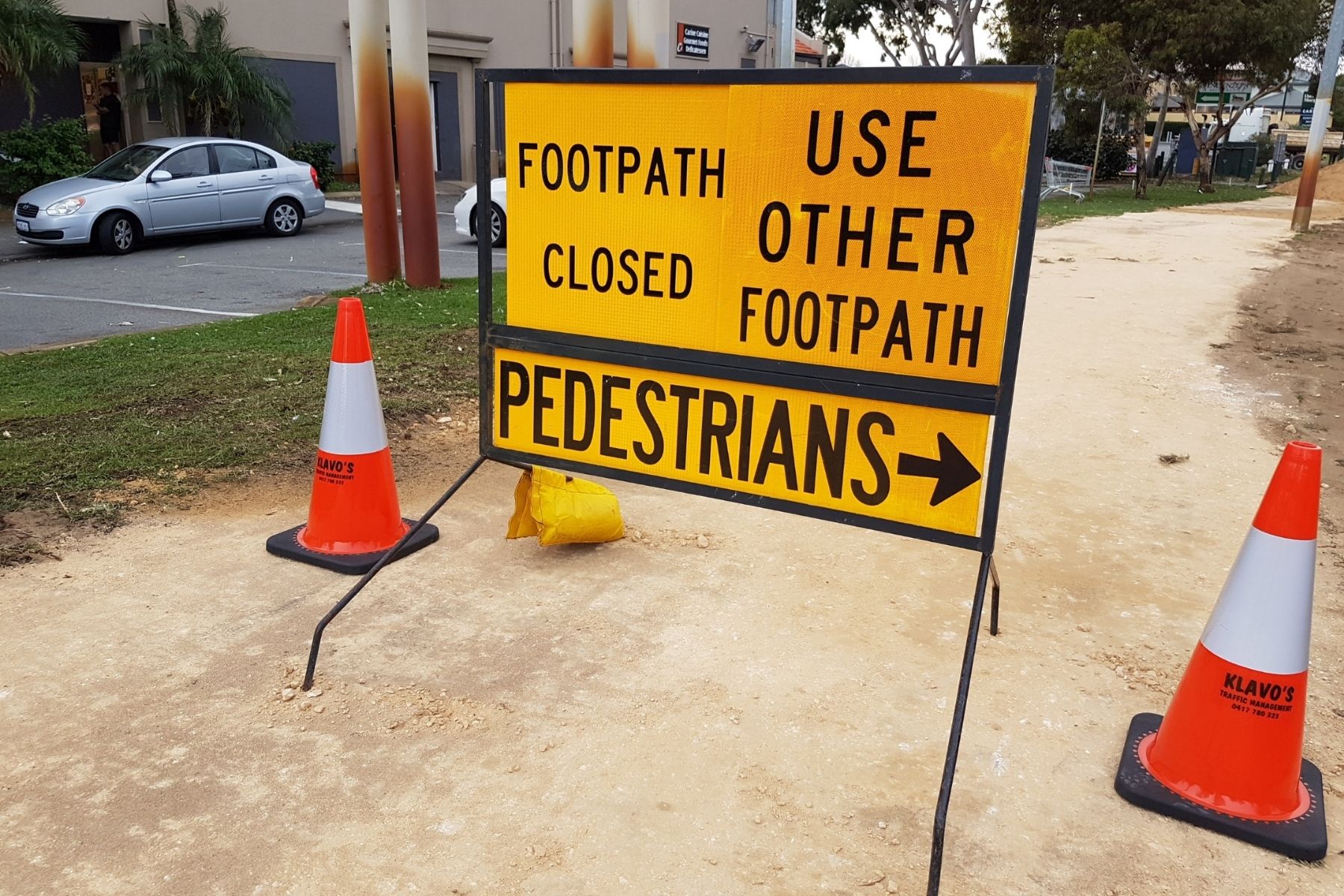If problems arise during the term of your lease, you should attempt to resolve these with the landlord (or their agent) as soon as possible. Informal discussions may help both parties find a workable solution.
If possible, it is a good idea to refer to the lease as this will usually set out what each party is required to do under the lease.
If you cannot resolve the problem or dispute with the landlord, you may consider using our dispute resolution service. This service is easy to access, affordable and generally resolves disputes quickly allowing you to get back to running your business sooner. This is an alternative to court; however that option is always open to you.

Free help for business owners
Dispute resolution service
If you're unable to resolve a leasing problem, you can contact our free dispute resolution service for help.
Leases regulated by the Commercial Tenancy (Retail Shops) Agreement Act 1985
Under the CT Act, the Small Business Commissioner’s role is to provide assistance to attempt to resolve disputes relating to retail shop leases. Both tenants and landlords can approach us for assistance to resolve their dispute. Depending on the nature of the dispute, it may be appropriate for the dispute to be referred to mediation.
In most circumstances, parties wanting to apply to the State Administrative Tribunal (SAT) must first obtain a certificate from the Small Business Commissioner and include this with their application.
Parties may go directly to the SAT for certain administrative or urgent matters. Use the SAT Wizard to determine whether you need to obtain a certificate from the Small Business Commissioner.
Claiming compensation for business disruption
You may be entitled to compensation if the landlord of your building has undertaken work that has disrupted your business.
Generally, a landlord can carry out works or redevelop their premises if it is permitted by your lease. However they must take all reasonable steps to minimise disturbance to you and your business.
If you have a retail shop lease, you need to check the disclosure statement given to you at the start of the lease to see whether the landlord had advised that work would be undertaken during the term of your lease. (You must be provided with a disclosure statement before you enter into your new retail shop lease.)
If your business has been impacted, read our guide on How to claim compensation for disruption caused by landlord’s works.
Useful resources
Leasing business premises: A commercial and practical guide
How to negotiate your way to a better lease
Common questions about the Commercial Tenancy Act: for leases entered into on or after 1 January 2013

small business helpline
Looking for additional leasing information?
If you still have a question about leasing, our specialist commercial tenancy advisers are here to discuss any questions or concerns.




